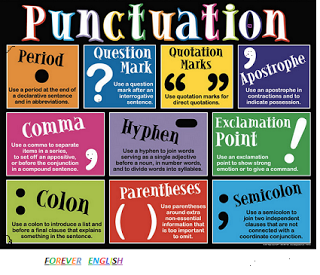-
Числительные
- Дни недели
- Все цвета
- Национальность
- Правила транслитерации
-
Все времена глагола
-
Все местоимения
- Типы вопросительных предложений
- Список глаголов, не употребляющихся в Continuous
- Infinitive or Gerund. Глаголы, после которых в качестве прямого дополнения употребляется инфинитив или герундий
- Образование множественного числа имен существительных
- Правописание суффиксов и окончаний.
- Основные способы словообразования в английском языке
- Неправильные английские глаголы
- Все времена глагола
- Условные предложения трех типов.
- Герундий
Причастие и герундий. В чем отличие?
- Сложное дополнение
- Сложное подлежащее
- Независимый причастный оборот

Ах, если бы...(Сослагательное наклонение) Помечтаем...
УСЛОВНЫЕ ПРЕДЛОЖЕНИЯ.
СОСЛАГАТЕЛЬНОЕ НАКЛОНЕНИЕ.
Ю. Б. Голицынский. Сборник упражнений для школьников.
Type 1 conditionals, basic uses
- Complex Subject. Примеры из деловой лексики
Сложное дополнение (Complex Object) ,
- Упражнения на все виды сложного дополнения
Сложное подлежащее (Complex Subject)
ОСНОВНЫЕ ПРАВИЛА ОРФОГРАФИИ И ПУНКТУАЦИИ АНГЛИЙСКОГО ЯЗЫКА

- Прописные буквы - capitalization
- Правила переноса слов — word hyphenation rules
- Точка - full stop (брит.); period (амер.)
- Запятая - comma
- Present to be
- Present to be (Questions)
- Present Continuous
- Present Simple
- Past Simple
- Past Simple
(Questions and Negatives) - Present Perfect
- Passive Voice
- Infinitive or Gerund?
- Complex Object
Вместо модальных глаголов can, may, must могут употребляться их эквиваленты
Модальные глаголы и их эквиваленты, выражающие долженствование
Типы вопросительных предложений
Вопросы, начинающиеся с What
Present to be (Questions) - Вопросы с глаголом to be
Вопросы и ответы с глаголом to be. Все английские времена. Задания и ответы онлайн.
Вопросительные и отрицательные предложения в Past Simple
Первая страница
Причастие 1
Причастие 2
Причастные обороты
Способы перевода на английский язык русских причастий
Независимый причастный оборот (Nominative Absolute Participial Construction)
 Первое занятие
Первое занятие
 Первое домашнее занятие
Первое домашнее занятие
 Второе занятие
Второе занятие
 Второе домашнее занятие
Второе домашнее занятие
 Третье занятие
Третье занятие
 Третье домашнее занятие
Третье домашнее занятие
 Четвертое занятие
Четвертое занятие
 Четвертое домашнее занятие
Четвертое домашнее занятие
Упражнения: [1-25], [26-40], [41-51], [52-75] , [76-81]
Ответы к сборнику упражнений по английской грамматике для школьников